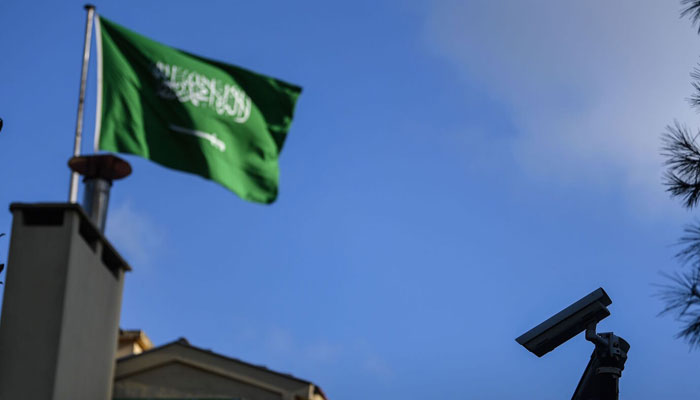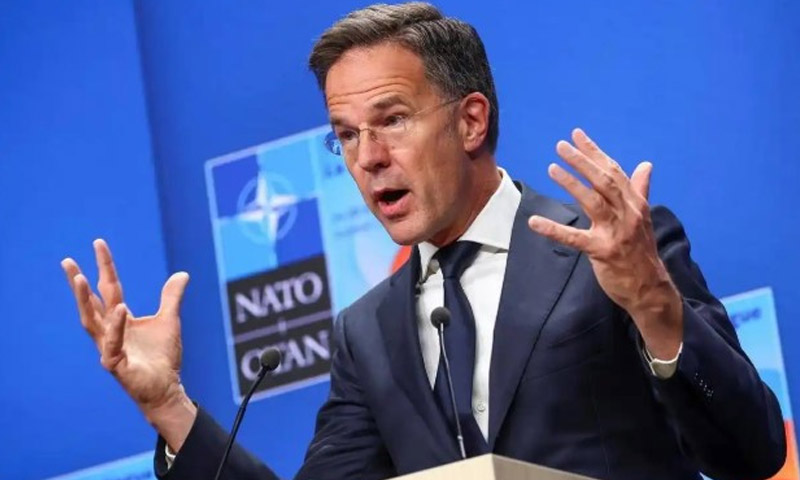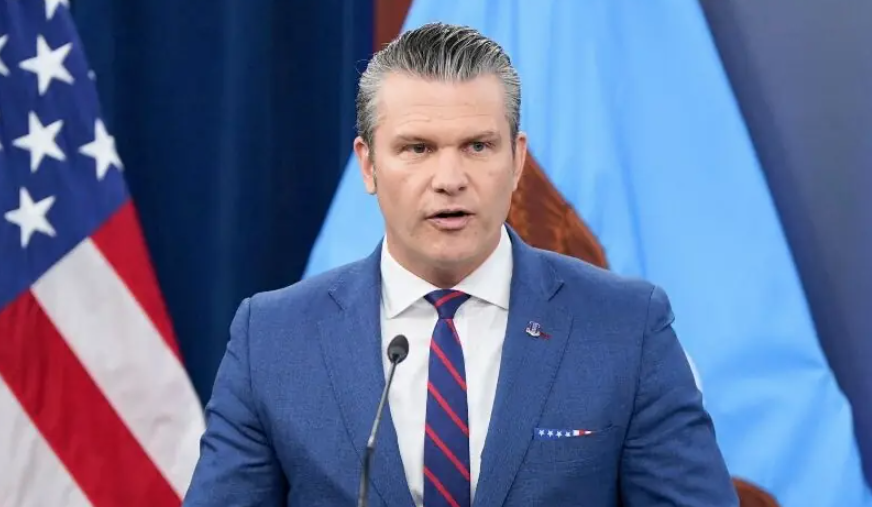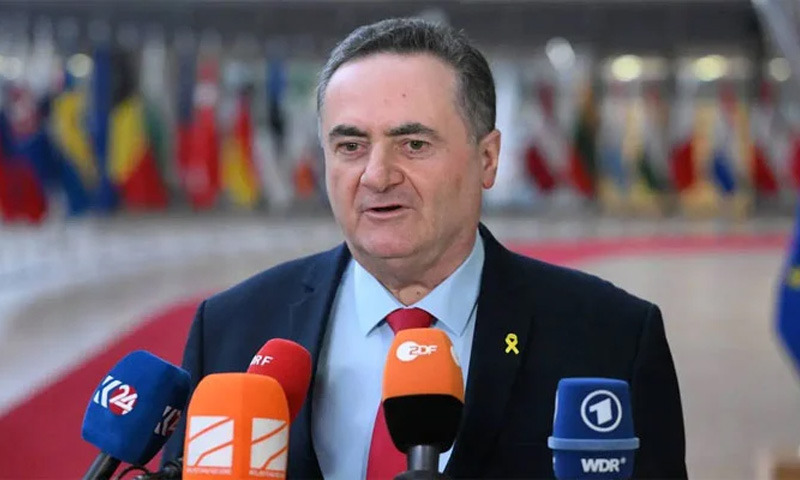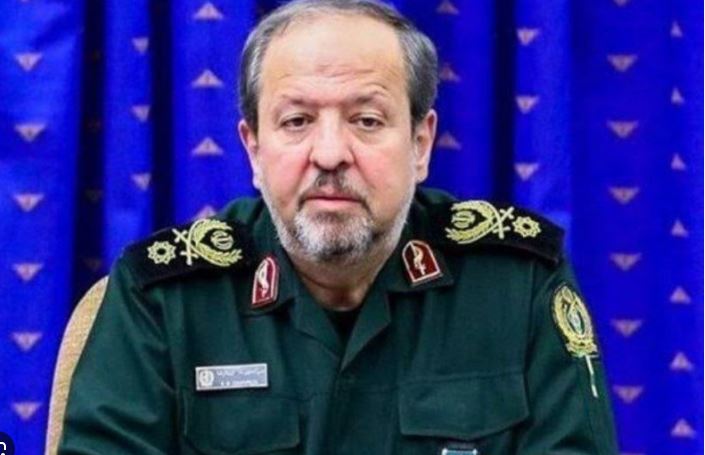WORLD NEWS
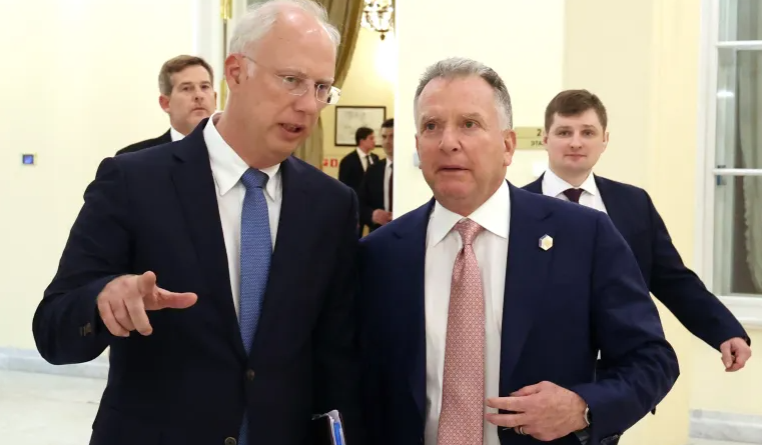
Russian President Vladimir Putin may be open to a "permanent peace" deal with Ukraine, according to Steve Witkoff, the United States’ special envoy. Witkoff, who is also former President Donald Trump's envoy, shared this assessment after a series of "compelling" discussions with Putin in Saint Petersburg last week.
In a recent interview on Fox News, Witkoff expressed cautious optimism about a potential peace deal following five hours of talks on Friday. He acknowledged that reaching this point had taken time, but noted that he saw a deal "emerging" that could reshape Russian-U.S. relations, opening up “commercial opportunities” that could stabilize the region.
However, the situation remains fraught with complications. Despite ongoing diplomatic efforts, there has been little substantial progress toward a ceasefire. Ukraine has shown willingness to engage with U.S. proposals, but Russia has failed to offer any significant concessions. In fact, Russia has continued its bombardment of Ukraine, with one of the deadliest attacks on the Ukrainian city of Sumy taking place on Sunday. Trump has since described the attack as a "mistake," though he refrained from providing further details.
Russian Foreign Minister Sergey Lavrov, in an interview with the Kommersant newspaper, cautioned that agreeing on the terms of a peace deal remains challenging. Lavrov pointed to the complexities of agreeing on "key components" of a deal, even as he acknowledged the Trump administration's effort to understand the "root cause" of the conflict. He argued that the conflict began as a result of actions by Washington and Brussels, which, he said, played a role in bringing the current Ukrainian regime to power.
Meanwhile, former President Donald Trump stirred controversy by blaming Ukrainian President Volodymyr Zelenskyy and U.S. President Joe Biden for initiating the conflict. In remarks on Monday, Trump stated that “millions of people are dead because of three people,” naming Putin, Biden, and Zelenskyy. He criticized Zelenskyy’s defense of Ukraine, saying, “When you start a war, you got to know that you can win the war.”
Trump's comments have strained relations with Zelenskyy, with tensions further heightened after Trump began talks with Russia in February, a move that critics argue gave Moscow an advantage in the negotiations. The U.S. administration’s negotiations regarding Ukraine’s mineral resources, a potential priority for the U.S., began on a rocky note after Trump and Zelenskyy had a heated argument in the Oval Office.
Zelenskyy, in an interview on CBS 60 Minutes, expressed frustration with being left out of key discussions, stating, "Before any kind of decisions, any kind of negotiations, come to see people, civilians, warriors, hospitals, churches, children destroyed or dead."
In addition to Ukraine's concerns, European allies have expressed caution about Russia’s delay tactics in the ceasefire talks. Polish Foreign Minister Radoslaw Sikorski stated on Monday that the recent attack on Sumy should serve as a wake-up call for the Trump administration, urging them not to be misled by Russia’s ongoing delay tactics, which he argued were "mocking their goodwill."
As the diplomatic and military situation continues to evolve, both sides remain entrenched in their positions, with the fate of the region’s peace hanging in the balance.
